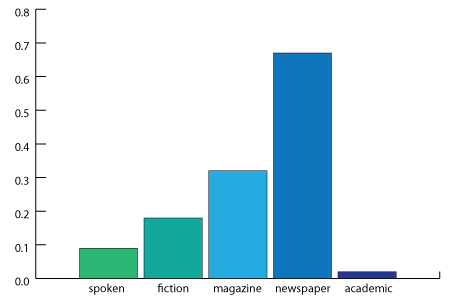So, Demetri Martin is what most people would call a stand-up comedian. You would think that during one of his shows, you'd hear stand-up comedy. This show, however, is something else entirely. Along the way through palindromes and unicycles, we get some serious introspection and the beginnings of a meditation on law and grace (though I don't know if Mr. Martin would see it in those terms). I don't know exactly how to describe it, but in the words of Pedro Sanchez from
Napoleon Dynamite, "I'd like to see more of that."
Here's a link to a Youtube playlist of the whole show. Be advised, like most "stand-up comedy", this show contains some profanity and "thematic elements".
